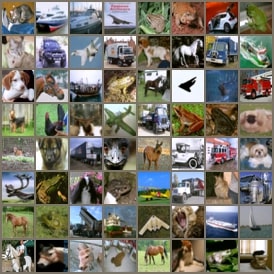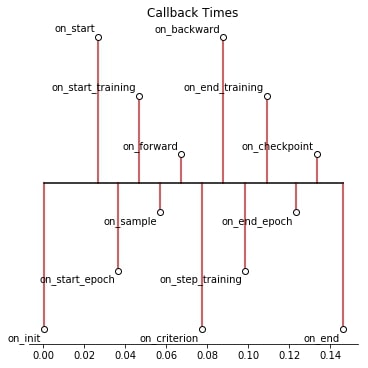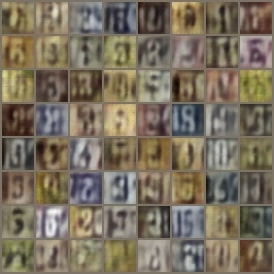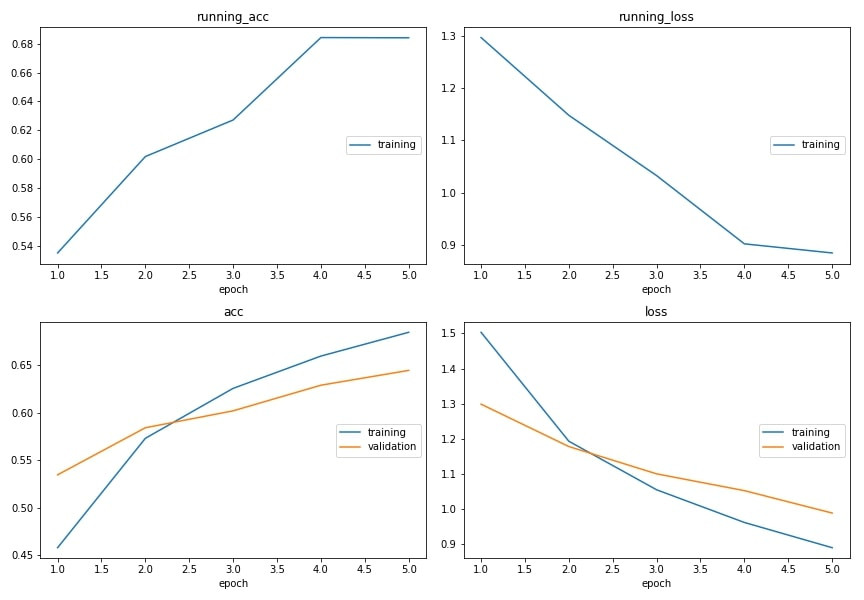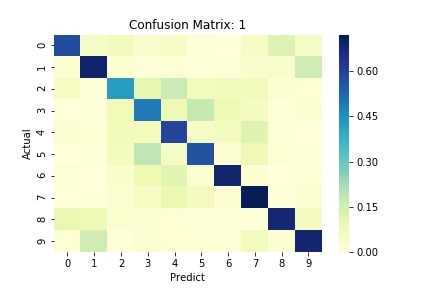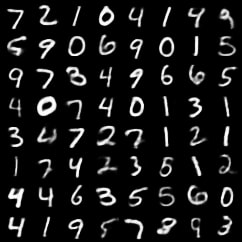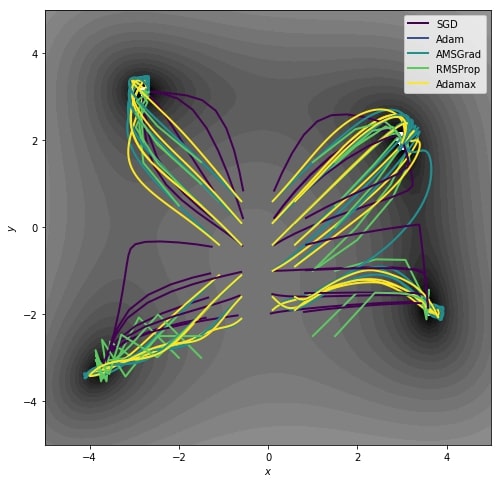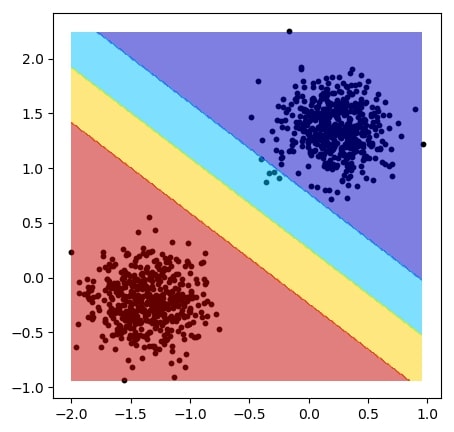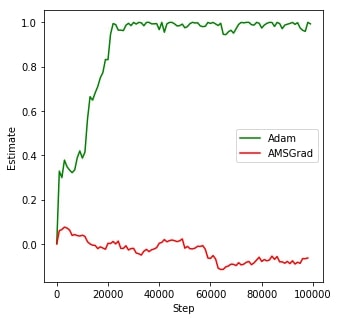Note: We're moving to PyTorch Lightning! Read about the move here. From the end of February, torchbearer will no longer be actively maintained. We'll continue to fix bugs when they are found and ensure that torchbearer runs on new versions of pytorch. However, we won't plan or implement any new functionality (if there's something you'd like to see in a training library, consider creating an issue on PyTorch Lightning).
Website • Docs • Examples • Install • Citing • Related
A PyTorch model fitting library designed for use by researchers (or anyone really) working in deep learning or differentiable programming. Specifically, we aim to dramatically reduce the amount of boilerplate code you need to write without limiting the functionality and openness of PyTorch.
The easiest way to install torchbearer is with pip:
pip install torchbearer
Alternatively, build from source with:
pip install git+https://github.com/pytorchbearer/torchbearer
If you find that torchbearer is useful to your research then please consider citing our preprint: Torchbearer: A Model Fitting Library for PyTorch, with the following BibTeX entry:
@article{torchbearer2018,
author = {Ethan Harris and Matthew Painter and Jonathon Hare},
title = {Torchbearer: A Model Fitting Library for PyTorch},
journal = {arXiv preprint arXiv:1809.03363},
year = {2018}
}
Torchbearer isn't the only library for training PyTorch models. Here are a few others that might better suit your needs (this is by no means a complete list, see the awesome pytorch list or the incredible pytorch for more):
- skorch, model wrapper that enables use with scikit-learn - crossval etc. can be very useful
- PyToune, simple Keras style API
- ignite, advanced model training from the makers of PyTorch, can need a lot of code for advanced functions (e.g. Tensorboard)
- TorchNetTwo (TNT), can be complex to use but well established, somewhat replaced by ignite
- Inferno, training utilities and convenience classes for PyTorch
- Pytorch Lightning, lightweight wrapper on top of PyTorch with advanced multi-gpu and cluster support
- Pywick, high-level training framework, based on torchsample, support for various segmentation models



